
The Free Press

Relaxing is not a word I would use to describe the past few months.
Forget summer Fridays. We’ve been working nights and weekends to break news on the country’s biggest institutions; keep up with a historic presidential election; and bring you provocative essays and serendipity along the way. (Check out yesterday’s delightful story about the four-legged mayoral election in Omena, Michigan.)
I am so proud of the journalism we’ve been putting out—and of our tireless team of editors, reporters, producers, fact checkers, copy editors, and interns.

But we have so much more to do—so many more scoops to run down, so many more stories to tell. So we are thrilled to share the news that we’re staffing up with some of the best in the business. You can read about our newest hires below.
That The Free Press is growing is a fact made possible by you. If you want to support the work of independent, fearless journalism—and the premium seltzer dependency of our new staff—become a paid subscriber today.
Joining us:
Jay Solomon is joining us as an investigative reporter and is hitting the ground running.
He comes to us most recently from Semafor, where he was the global security editor and broke some incredible stories that caught our eye. Before that, Jay was chief foreign affairs correspondent for The Wall Street Journal. For nearly two decades, he’s written from Asia, Africa, and the Middle East, including stints in Jakarta, Indonesia; Seoul, South Korea; New Delhi, India; and Washington, D.C. Jay is an expert on Iran and its nuclear ambitions (he wrote the book on it). We can’t think of a more relevant set of skills for this moment.
Joining Jay on our scrappy investigations team is Madeleine Rowley, who covers immigration, financial corruption, and politics. As a U.S. Army spouse for almost a decade, she’s lived in six states and spent two years in Jerusalem. You may remember her excellent piece from May: Nonprofits Are Making Billions off the Border Crisis. She is a 2023–2024 Manhattan Institute Logos Fellow with previous bylines in City Journal and Public News.
If you have wondered if Olly Wiseman will ever get a break, I am pleased to report that he is being joined on the Front Page by associate editor Madeleine Kearns. (Yes, we are lousy with Maddys!) Madeleine, who hails from Glasgow, joins The Free Press from National Review, where her reporting and writing covered a wide range of issues including gender, free expression, culture, and politics. She has written for The Spectator, The Wall Street Journal, and The Telegraph, and, in addition to her journalistic talents, she’s a singer and songwriter.
Readers of The Free Press will all know the name Abigail Shrier, whose investigative reporting we’ve been so proud to publish. But she’s also been a secret weapon—a person we turn to for her excellent judgment and editorial prowess. Today we’re making it official: she joins us as a contributing editor. Shrier is the New York Times best-selling author of Bad Therapy and the national bestseller Irreversible Damage. In 2021, Shrier received the Barbara Olson Award for Independence and Excellence in Journalism. Her books have been translated into twenty languages, including Japanese, Chinese, Ukrainian, and Russian.
We read a lot here at The Free Press. But no book was read more widely—and admired more deeply—than a single title: The Best Minds: A Story of Friendship, Madness, and the Tragedy of Good Intentions. It turns out we weren’t alone: the memoir was a finalist last year for the Pulitzer Prize and a “ten best” pick of The New York Times, The Wall Street Journal, and half a dozen other publications. The author of that magnificent book is Jonathan Rosen, who is joining us as a consulting editor. Jonathan is a generational editorial talent, as anyone who has had the luck of working with him will attest. He is the author of novels as well as nonfiction books, and his essays have appeared in The New York Times, The New Yorker, The Atlantic, and The Wall Street Journal. You can find him birding in Central Park in his spare time.
The best thing to come from my stint at The New York Times was my wife. The second best thing was Adam Rubenstein. At the Times, he was known for commissioning ahead-of-the-curve, contrarian essays from Sujatha Gidla, Joe Walsh, and Marty Makary. Oh, and Tom Cotton. Since the earliest days of The Free Press, Adam has been my 3 a.m. call. Adam, who will be a contributing editor as well, was previously a Robert L. Bartley fellow at The Wall Street Journal, assistant opinion editor at The Weekly Standard, the executive editor of Jewish Insider, and an editor at The New York Times. His writing has also appeared in Commentary magazine and The Atlantic.
They join other recent editorial hires including:
Kat Rosenfield: culture critic and writer at The Free Press. Kat is the author of five novels, including the Edgar-nominated No One Will Miss Her. Prior to joining The Free Press, she was a reporter at MTV News and a columnist at UnHerd, where she wrote about American culture and politics. Her work has also appeared in Vulture, Playboy, The Boston Globe, and Reason, among others. She also moonlights as a yoga instructor.
River Page: a reporter and culture writer at The Free Press. Previously, River worked as a staff writer at Pirate Wires, covering technology, politics, and culture. His work has also appeared in Compact, American Affairs, and the Washington Examiner, among other publications. He is based in Pensacola, Florida.
Freya Sanders: associate editor at The Free Press. Yet another Brit, Freya hails from Cambridge and previously spent five years as a commissioning editor at UnHerd, where she assigned writers including Pratinav Anil, Chris Arnade, Tanya Gold, Lionel Shriver, and many others, on topics ranging from female pickup artists to trends in European agriculture. She is also a passionate cyclist and runner.
Uri Berliner: senior editor at The Free Press. Uri joins us most recently from NPR, where he was a senior business editor and helped launch the Planet Money podcast. Uri brings an extensive background covering the economy, labor, technology, and energy. He first learned about numbers as a kid by deciphering baseball box scores. Uri’s first piece for The Free Press appeared in April.


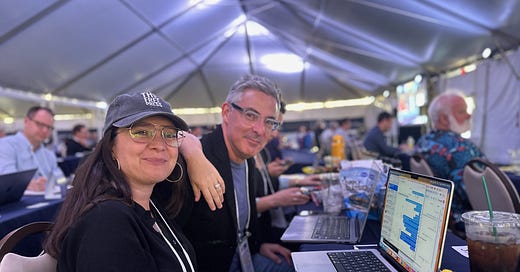


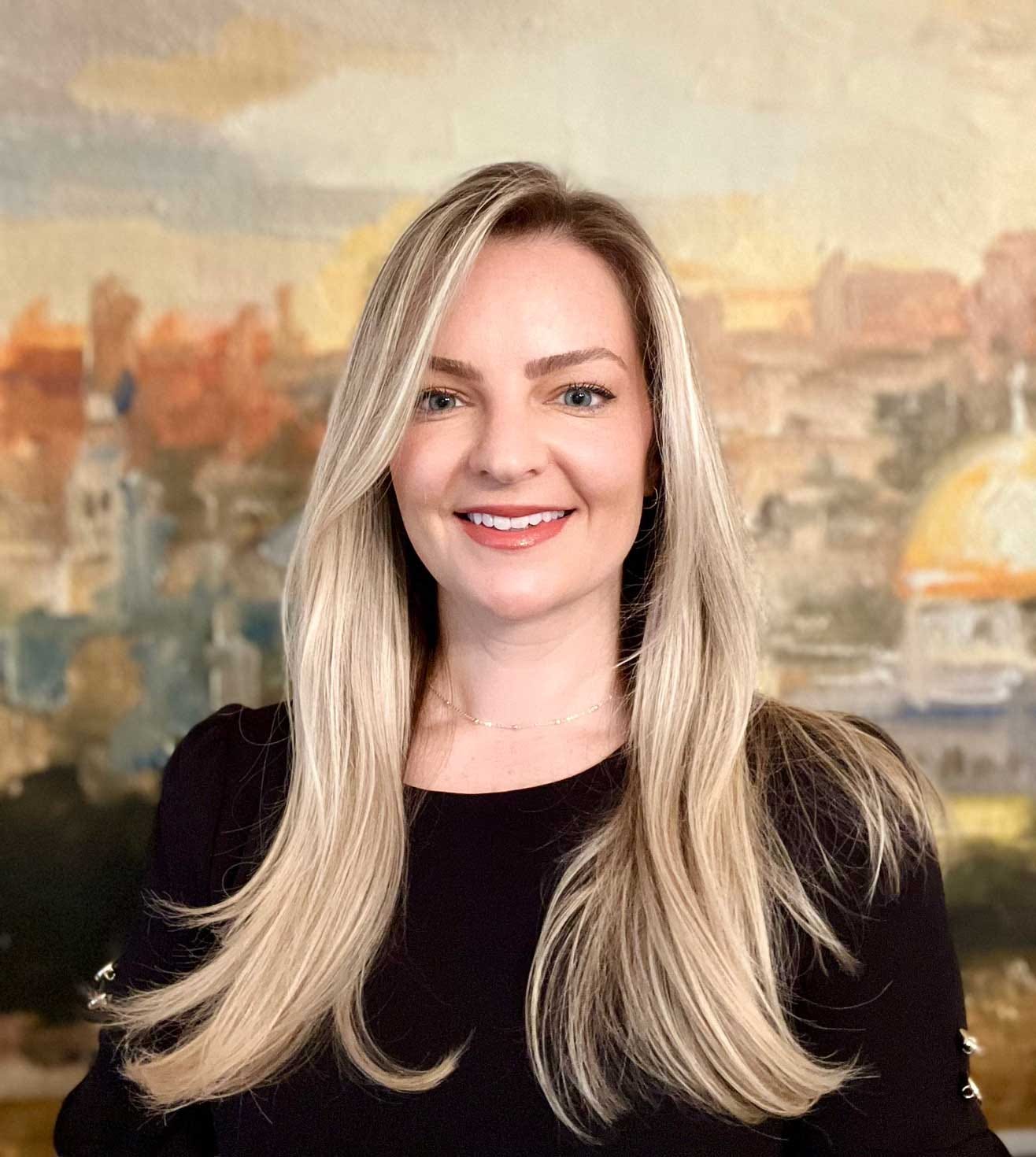
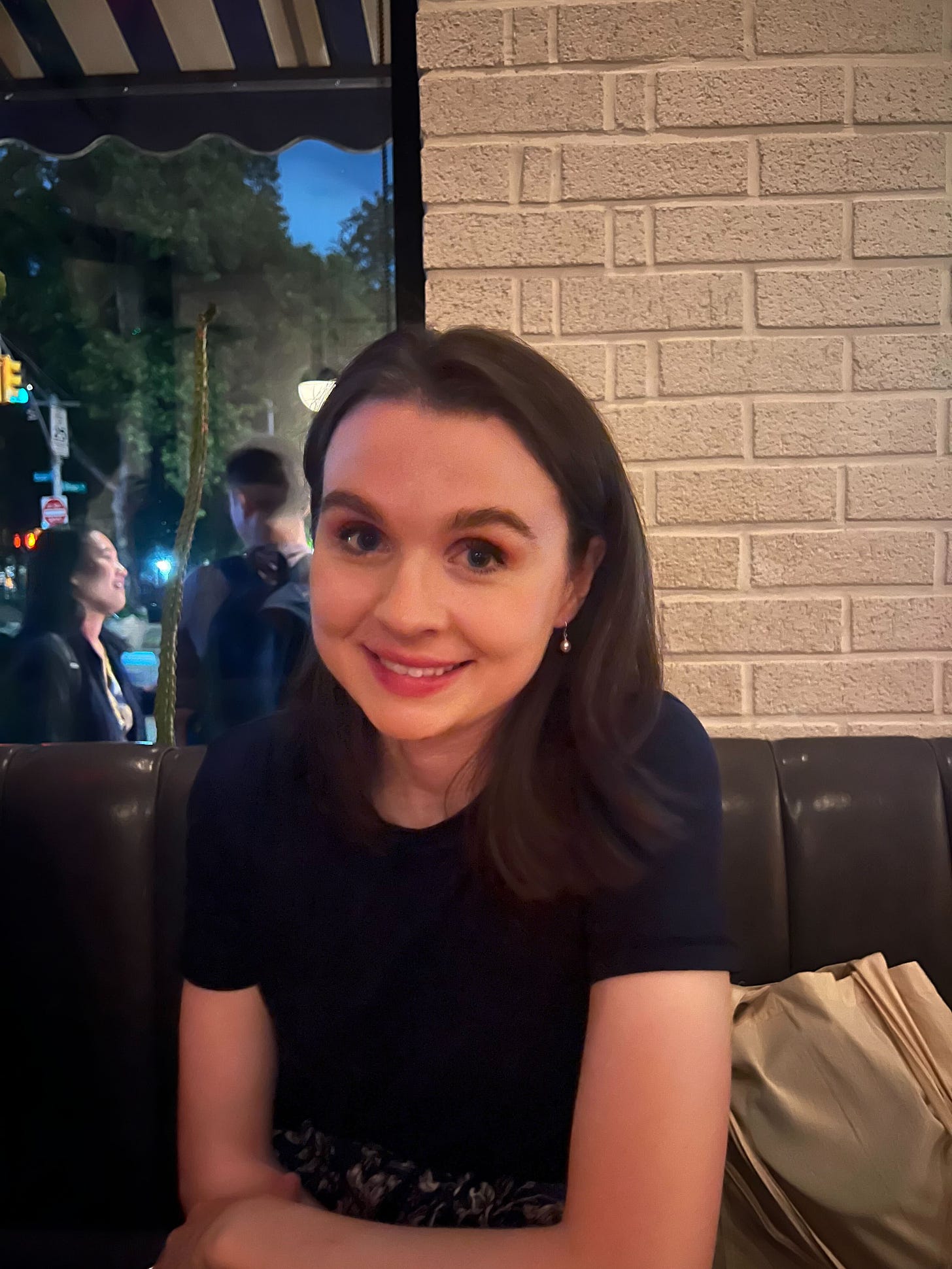
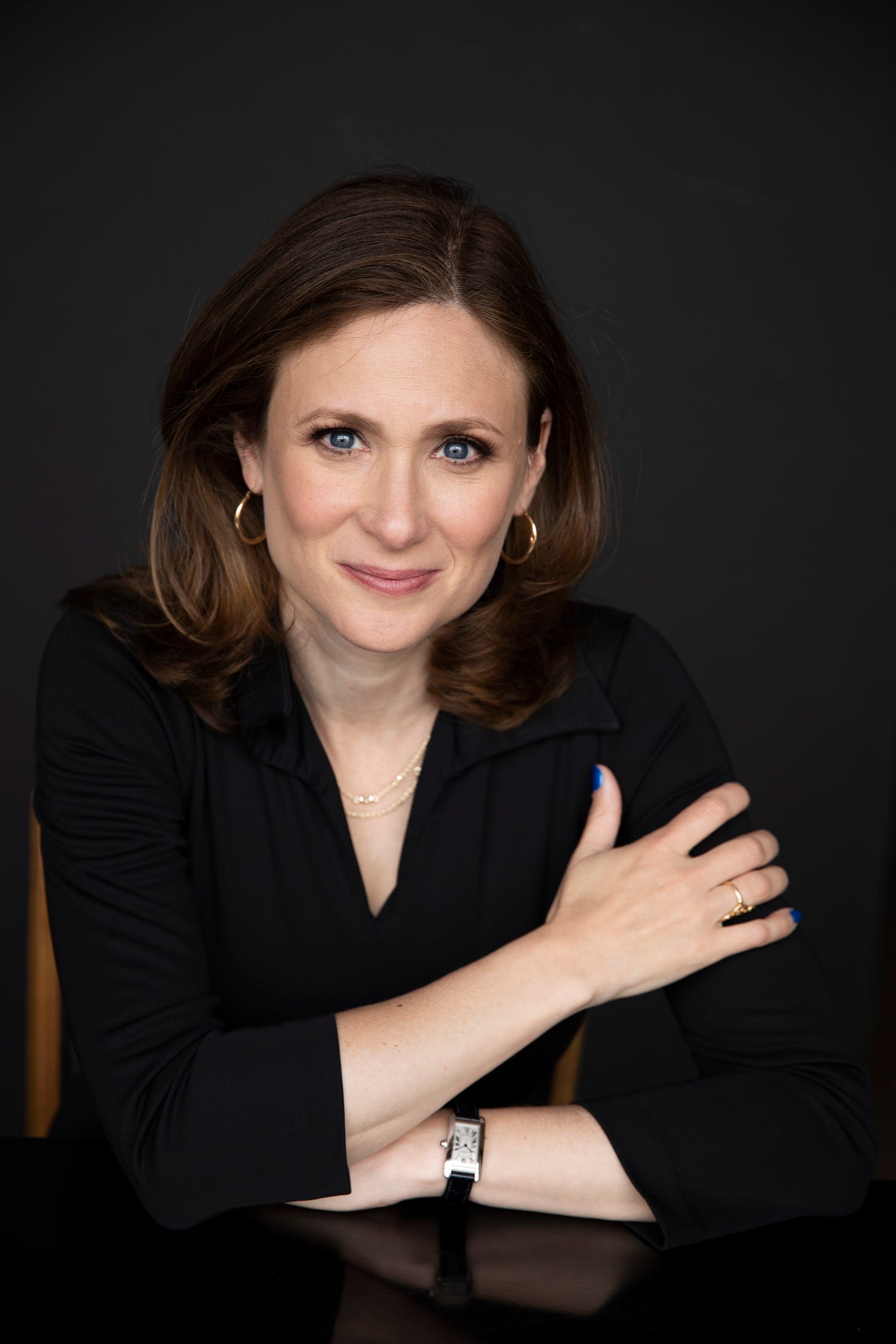
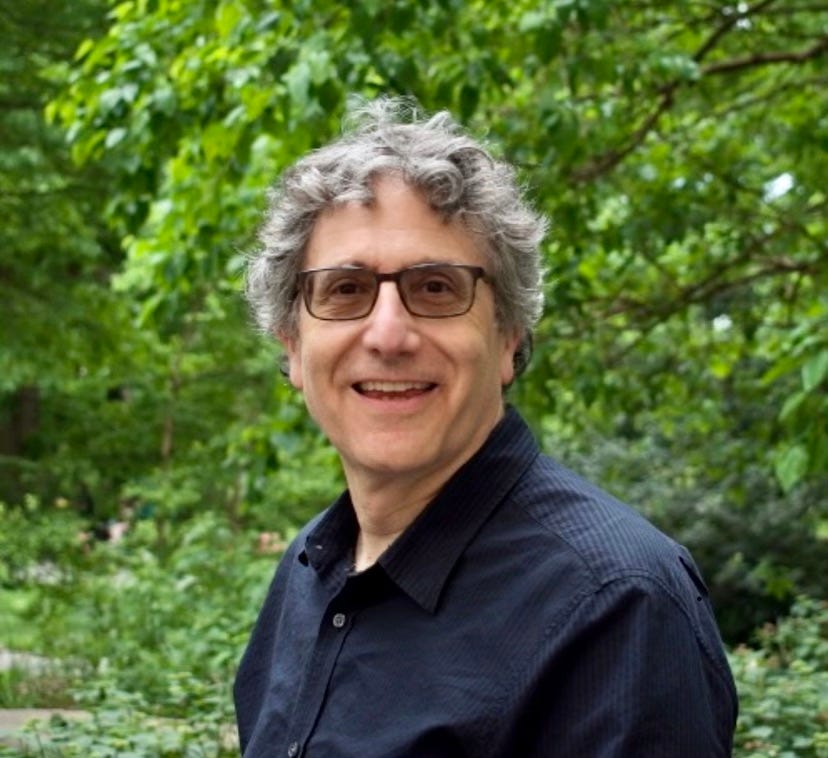
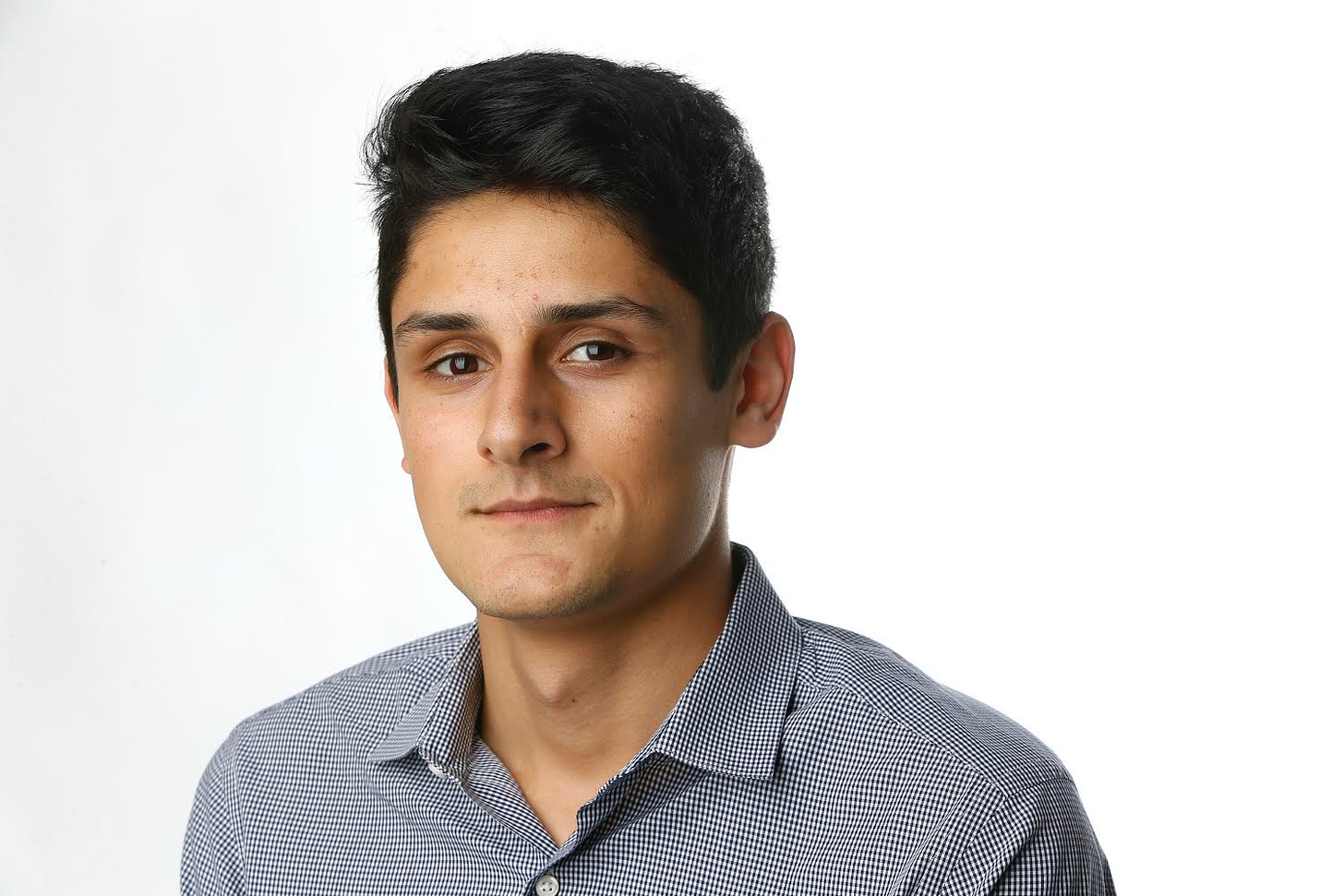
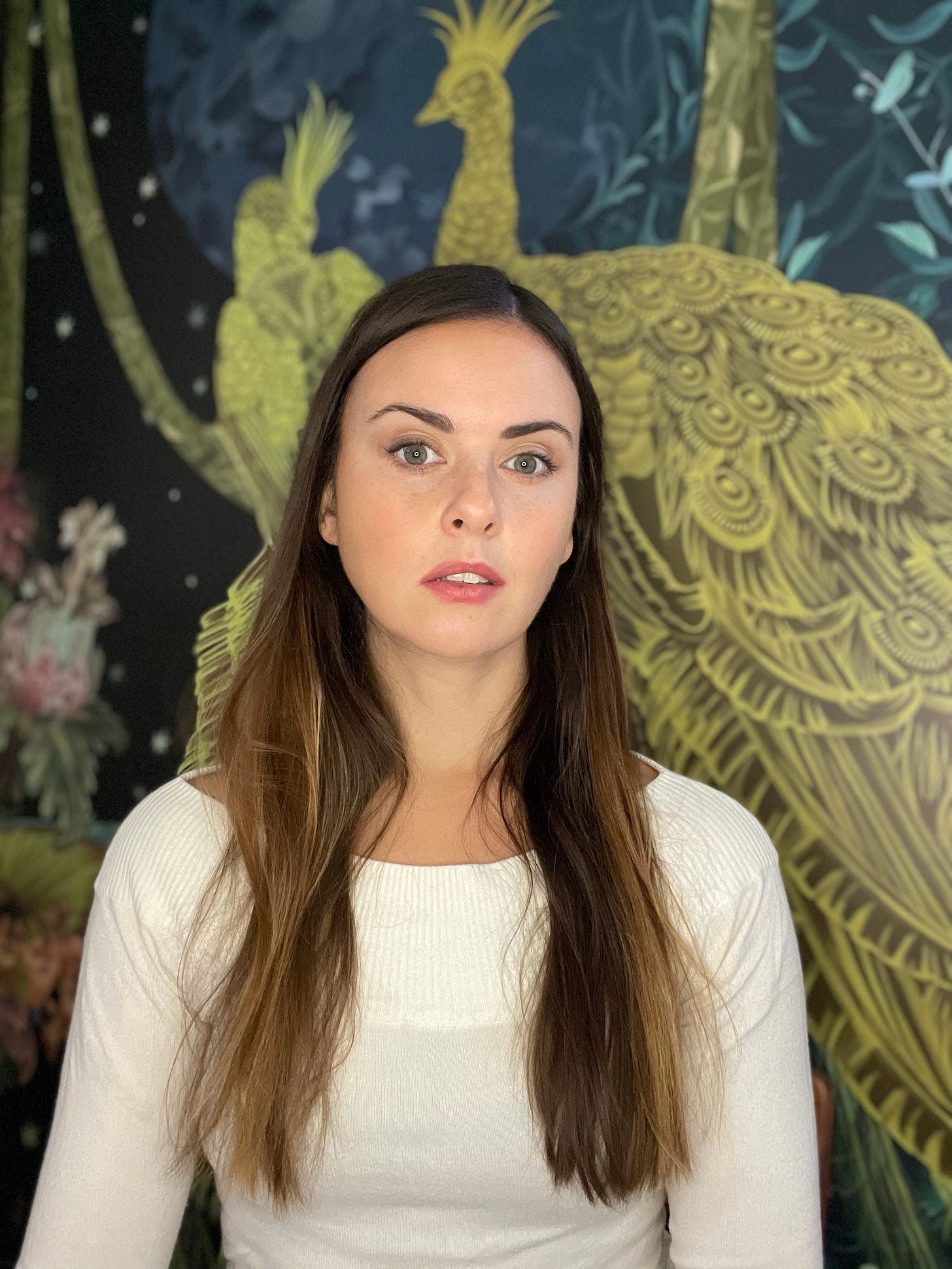
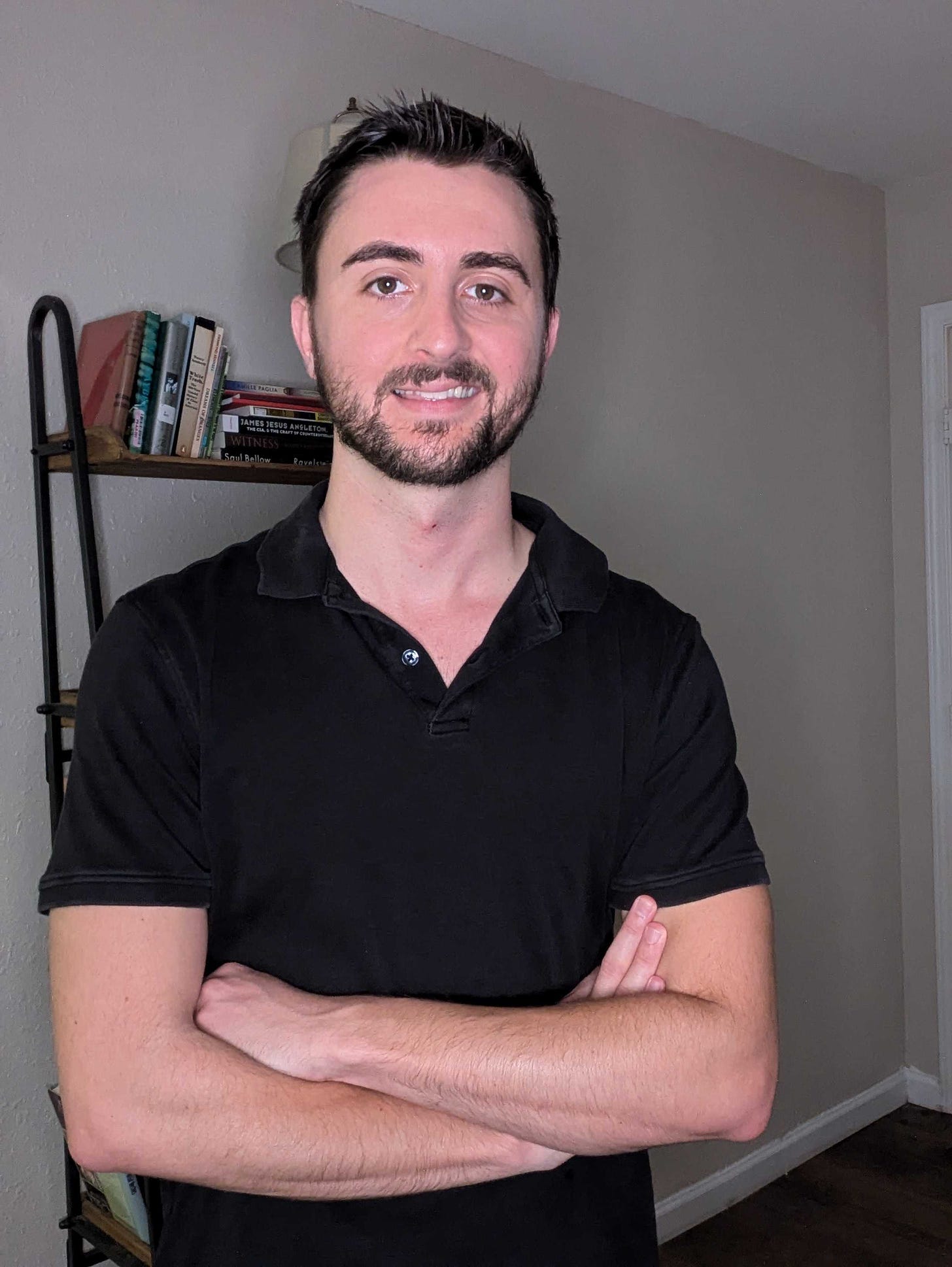
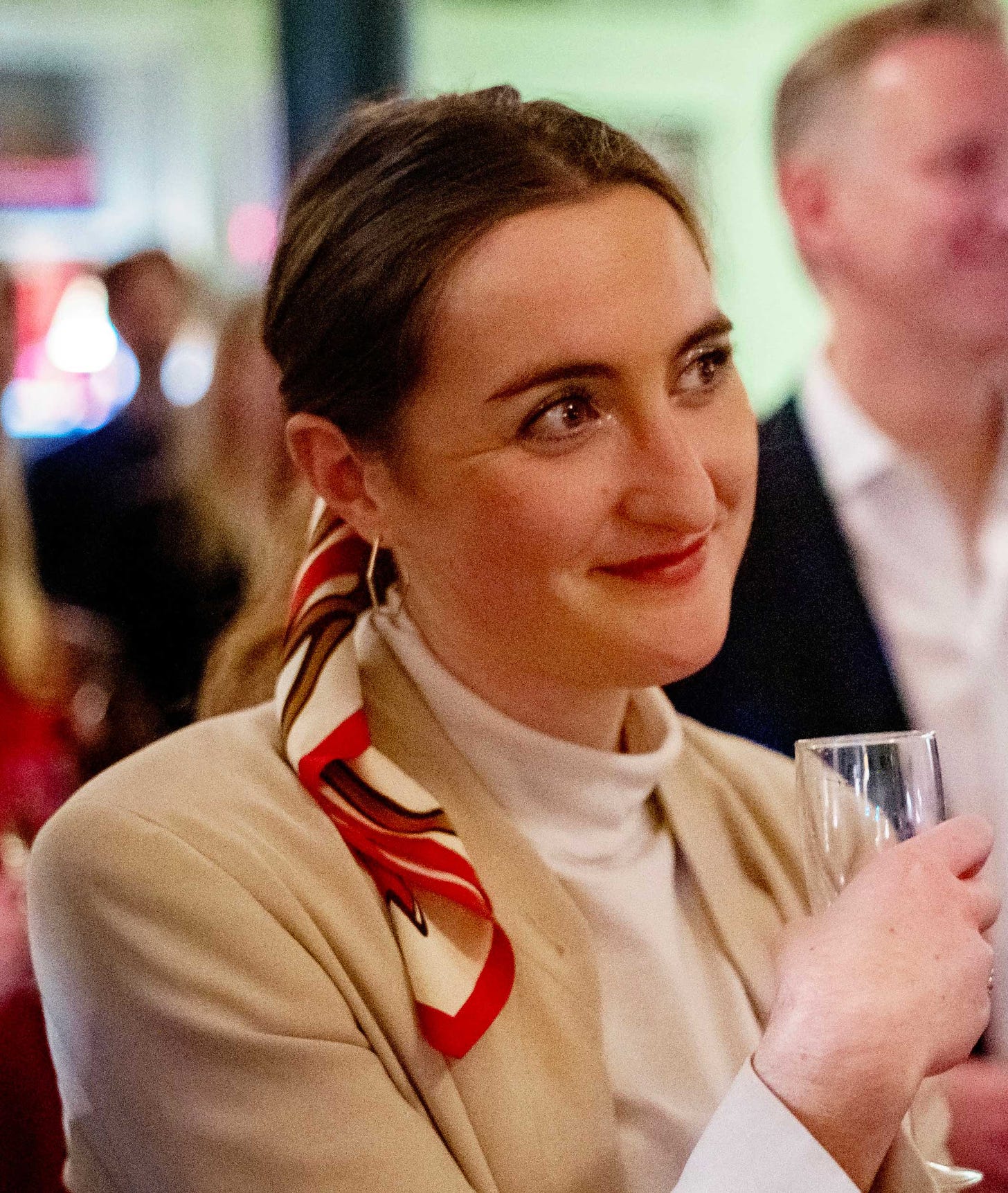
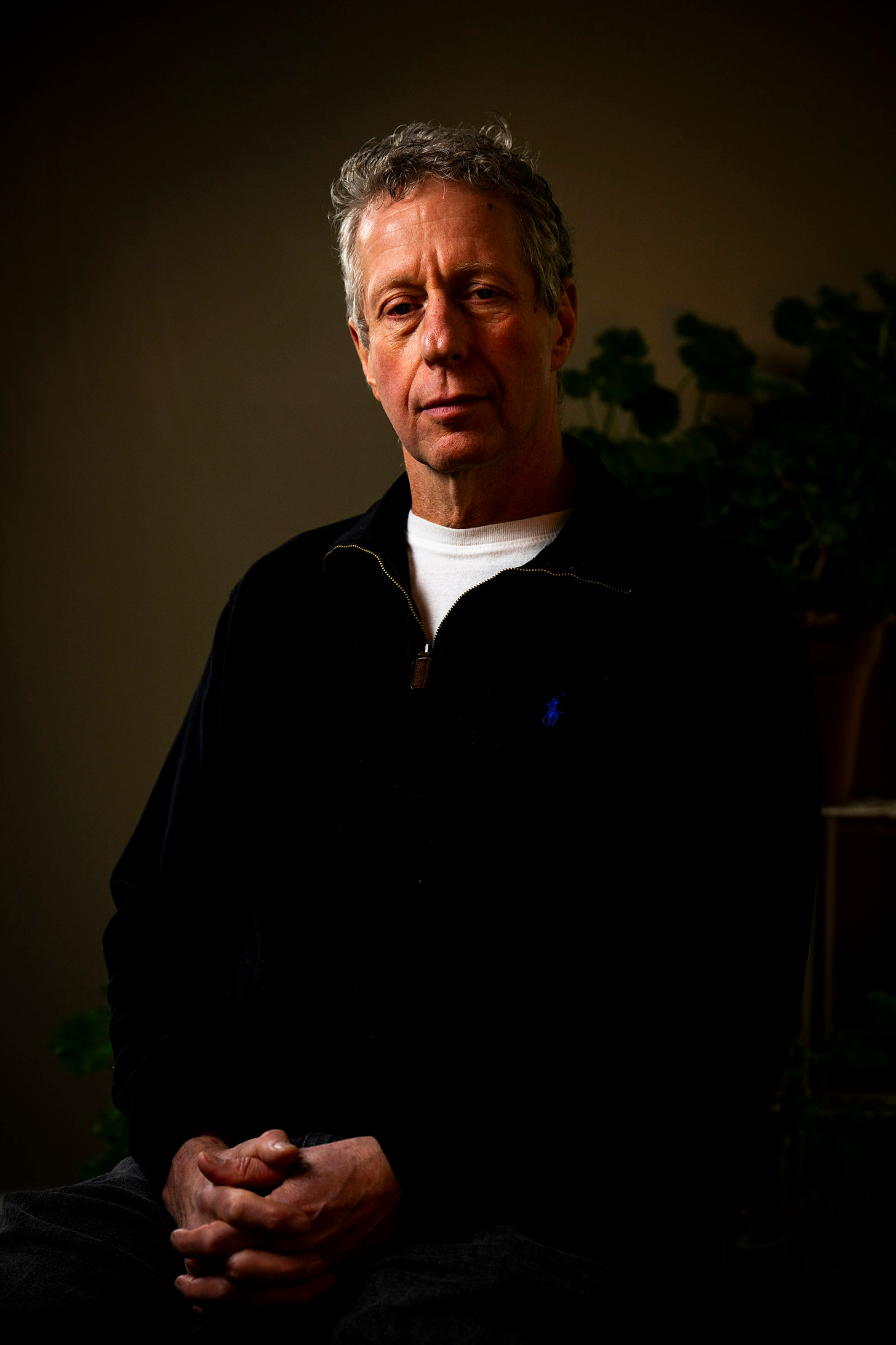


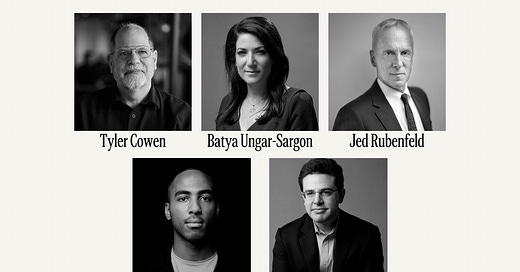


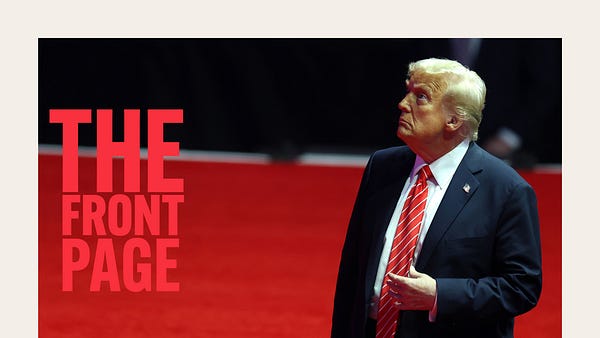





Fantastic group!
Lilly white - a great one - but still whiter than white on rice - in a blizzard